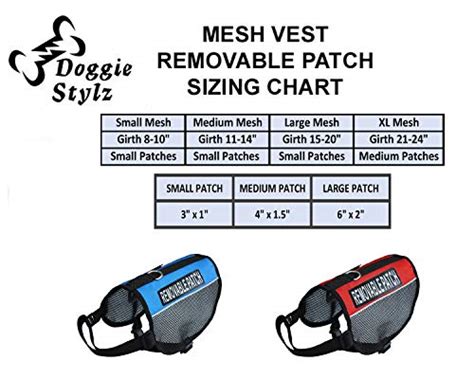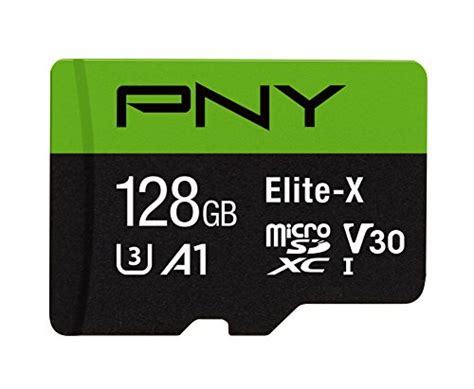The automotive industry is suitable for everyone’s career and it’s perfect for you if you are a person who likes to solve problems by hand. Car service and repair work can enrich your daily work, and when you return the repaired vehicle to the owner, you will feel that you are doing well. There are several paths for careers in the automotive industry and by selecting the path for your interest, you can get the best job in the automotive industry.
Here is the breakdown of some automotive industry careers:
Auto mechanics:
Auto mechanics are responsible for handling the mechanical parts of vehicles. They are also responsible for diagnosing and repairing automobiles and other internal combustion engines, including engines, transmissions, and suspension systems. Diagnose and repair problems with engines and smaller components to ensure their availability, environmental requirements, and safety, and be able to repair and assemble these components. They also have the responsibility of discussing mechanical issues with the car owner and answering questions about the repair process.
Most auto mechanics work in gas stations, auto dealers, local governments, and other government agencies and transportation companies.
Automobile electrician:
A high-quality automobile electrician needs to undertake various tasks related to automobile electronic machinery. Automotive electricians install, maintain, diagnose and repair wires and computer equipment in automobiles and other related equipment. This requires the ability to use computerized engine management systems, maintenance, troubleshooting, and repair electronically controlled vehicle systems such as electronic ignition, cruise control, fuel injection, airbags, automatic transmissions, and air conditioning.
This occupation requires the ability to manage and ensure the successful operation of engine control, as well as the ability to organize and install vehicle electronics and wiring. As an automotive electrician, you need critical thinking and problem-solving skills. Good human eyes. Coordination, a good vision, a productive way of getting the job done, and the willingness to keep learning as the electrical system changes and updates.
Interpreter of the parts:
Auto parts interpreters sell auto parts and accessories in retail or wholesale. This profession enables you to focus on specific brands of vehicles and spend most of your time helping customers.
This field requires strong communication and sales skills to accurately identify customer needs. You must also be able to recommend suitable parts and assist customers in repairing or replacing parts. Other skills that are required are the ability to identify brands, models, and variants of cars and vehicle equipment, an organized way of working, good problem-solving skills, and the ability to work under pressure. Of course, interest in auto parts and their functions is essential.
Heavy vehicles:
Heavy vehicle mechanics repair, maintain, and test heavy vehicles and other connected engines and mechanical components. Heavy vehicle mechanics work on buses, trucks, agricultural equipment, and stationary motors such as generators, pumps, compressors, and drilling equipment. To perform well in this role, you must like practical and manual operations, have mechanical skills, be good at math, and be able to handle the physical demands of the job.
Automobile engine mechanics must be able to diagnose, repair, adjust, maintain and test diesel, gasoline, and gas vehicles. When dealing with heavy vehicles, you need to use instruments that monitor battery, ignition, cruise control, engine health, braking performance, and wheel balance and positioning to identify mechanical and electrical problems. The skills required for this role include the ability to replace or repair defective parts using welding and manual adjustments or machining processes.
Light vehicles:
Light vehicle motor mechanics need to maintain and repair the mechanical parts of the automobile, such as the engine, gearbox, and chassis. Light vehicle motor mechanics often work in the workshop, and it is important to keep them up to date. Update to reflect the latest changes in automotive technology.
This profession needs people who are passionate about practical, technical, and manual work and who are familiar with hand tools. One needs to discuss problems and faults with the driver and car operator, listen to the engine, set up and use special test equipment, and test the vehicle. You need to repair or replace damaged or worn parts by disassembling parts such as motors, gears, and steering systems. The task also includes adjusting the motor and fine-tuning using special electronic equipment.
Now that you are clear about the career paths you can easily select the best automotive industry job for yourself according to your interest.
 Fairwin Braided Leather Dog Training Leash 6 Foot 56 Foot Military Grade H
Fairwin Braided Leather Dog Training Leash 6 Foot 56 Foot Military Grade H
 3m Reflective Dog Leash 5ft Long With Traffic Padded Handle Dog Training Leas
3m Reflective Dog Leash 5ft Long With Traffic Padded Handle Dog Training Leas
 How To Be Your Dogs Best Friend The Classic Training Manual For Dog Owners
How To Be Your Dogs Best Friend The Classic Training Manual For Dog Owners
 Classical Naptime For Tots
Classical Naptime For Tots
 Doggie Stylz Set Of 2 Reflective Therapy Dog In Training Removable Patches Wit
Doggie Stylz Set Of 2 Reflective Therapy Dog In Training Removable Patches Wit
 6 Pcs Service Dog In Trainingworkingstress Amp Anxiety Response Embroidere
6 Pcs Service Dog In Trainingworkingstress Amp Anxiety Response Embroidere
 Service Dog In Training Patch With Hook Back And Reflective Lettering For Servic
Service Dog In Training Patch With Hook Back And Reflective Lettering For Servic
 Four Paws Wee Wee Pee Pads For Dogs And Puppies Training L Gigantic Xl St
Four Paws Wee Wee Pee Pads For Dogs And Puppies Training L Gigantic Xl St
 Pny 128gb Elite X Class 10 U3 V30 Microsdxc Flash Memory Card 100mbs
Pny 128gb Elite X Class 10 U3 V30 Microsdxc Flash Memory Card 100mbs
 Academy Of Beasts V Shifter Romance
Academy Of Beasts V Shifter Romance
 Beast Academy 5a Practice
Beast Academy 5a Practice
 32gb Class 10 Sdhc Flash Memory Card Standard Full Size Sd Card Ush I U
32gb Class 10 Sdhc Flash Memory Card Standard Full Size Sd Card Ush I U














![Flutter & Dart - The Complete Guide [2022 Edition]](https://img-c.udemycdn.com/course/100x100/1708340_7108_5.jpg)










